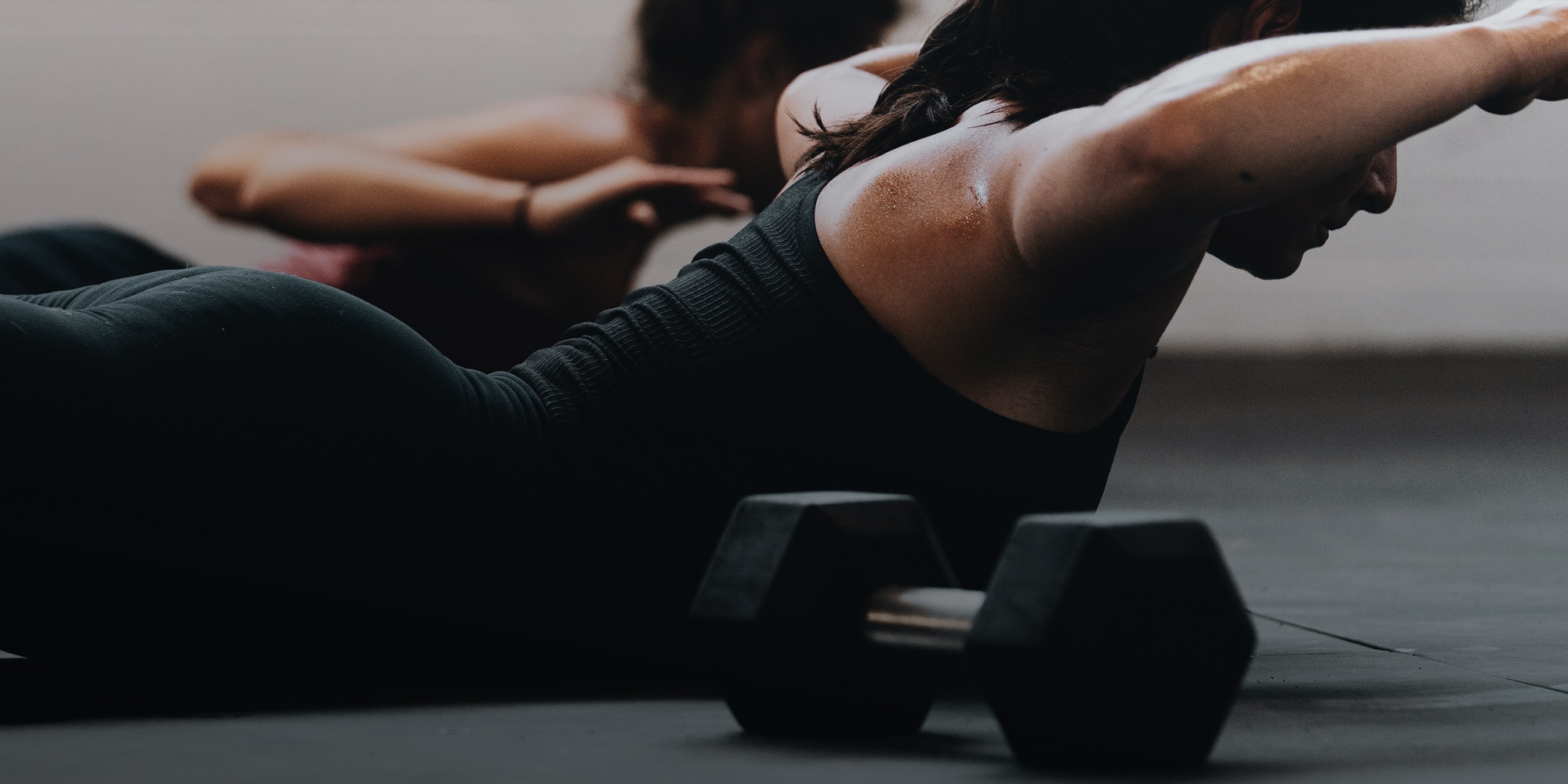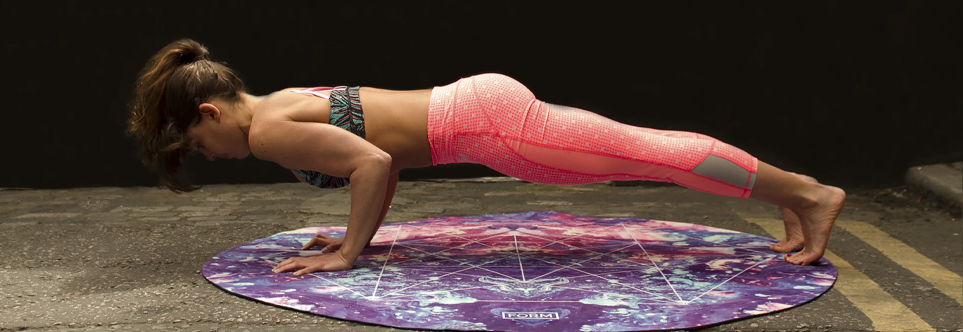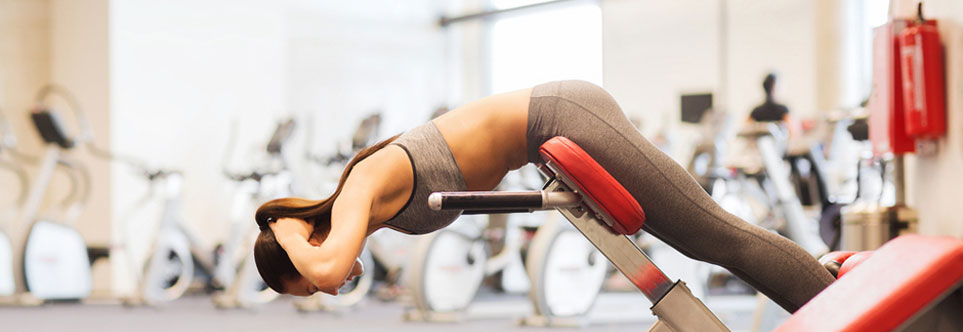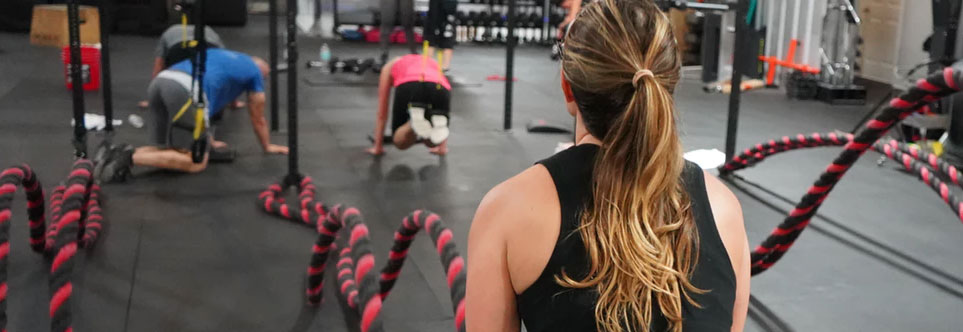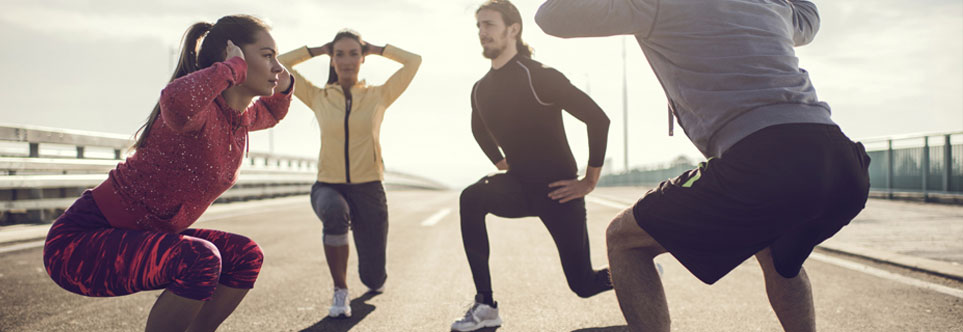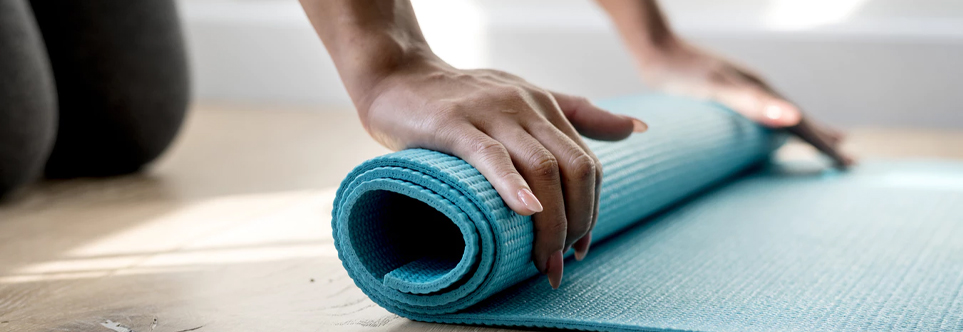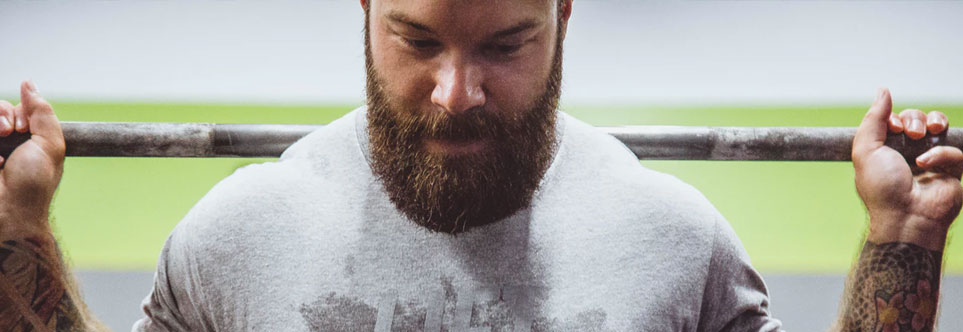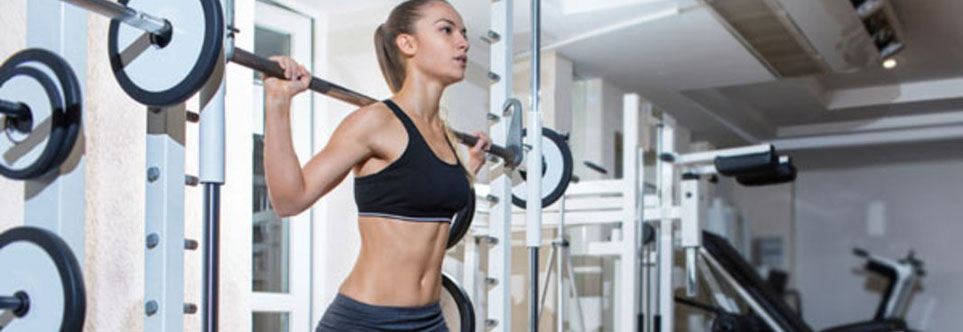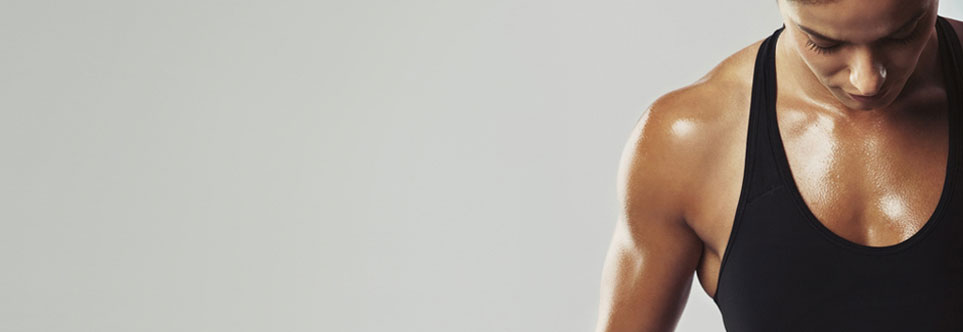ARE YOU WORKING OUT HARDER AND NOT SMARTER?
What does your current exercise routine look like? Are you spending hours on the treadmill? Do you strictly lift and skip cardio altogether? What if our Rittenhouse personal trainers told you that with a few small tweaks to your daily workouts you can see big results? It’s called working out smarter, not harder. While hitting the gym six times a week is great, if your workouts aren’t catered to your goals, you are purely wasting your time. Save time and get all the gains when you contact The Summit Fitness Studio. We have some
GROUP TRAINING VS. INDIVIDUAL TRAINING: WHAT’S THE BETTER INVESTMENT?
Have you ever tried to do two things at once? For example, eating breakfast while driving to work. Whatever you are eating would probably taste much better if you were sitting down at the table, focusing on your meal, rather than the traffic around you. Or how about writing an email while watching your favorite TV show? You probably have to rewind quite a few times because you missed something! What we are trying to say is that you can never do multiple tasks as well as doing just one. This
8 REASONS WHY YOU SHOULD BE DOING BODYWEIGHT EXERCISES
Getting in shape doesn’t have to be complicated. Just because the gym is full of large, expensive workout machines it doesn’t mean they’re the answer to your fitness needs. For many of us, simple bodyweight exercises can help build strength, increase flexibility, and improve overall health and fitness. Plus, they are incredibly convenient and can be done just about anywhere! In the infographic below, we’ll give eight reasons why you should consider doing bodyweight exercises if you don’t already, so you get the results you desire faster and easier than ever
WHY A PERSONAL TRAINER IS SO IMPORTANT TO YOUR FITNESS SUCCESS
Everyone’s fitness journey is different. While one person may be trying to slim down, another person may be trying to bulk up. Ultimately though, fitness success lies in a couple of common factors and they are hard work, consistency, and a healthy, balanced diet. Sounds simple enough right? Go to the gym, work hard, and eat right. For some, this basic equation for fitness success is easy, but for others – not so much. For those who struggle to stay consistent, need that extra push in the gym, and/or can’t seem
CARDIO VS. STRENGTH TRAINING: WHICH ONE IS BETTER?
At The Summit Fitness Studio, we get this question a lot: What’s better for me, cardio or strength training? And we wish the answer were that simple, but it’s not. Nowadays, choosing cardio or strength training should be based around an individual’s goals. While some people are looking to burn fat and drop weight, others want to build their speed and endurance. If you’re looking to make the most out of your workouts and achieve your goals, call The Summit Fitness Studio today! Together we can take the first step in taking control of your health. Schedule
3 OF THE MOST POPULAR MYTHS ABOUT FITNESS DEBUNKED
Crunches are key to rock hard abs. Cardio first and strength training second. If you’re a woman and lift heavy, you are going to get bulky. If you’re one of the millions of Americans who attend the gym regularly, watch what you eat religiously, and still aren’t seeing the results that are being promised to you — chances are you’ve fallen victim to one of the many exercise myths circulating the fitness industry today. The Summit Fitness Studio is here today to set the record straight. We asked each of our certified personal trainers
10 BENEFITS ONLY A PERSONAL TRAINER CAN PROVIDE
Gyms are crowded, impersonal, and if we’re being honest, not the most welcoming places for many people looking to lose weight or get in shape. As someone who cares deeply about fitness, you deserve a personal training studio that provides you with a one on one experience and personalized plan based around your ability. That’s just what we do at The Summit Fitness Studio. In fact, learn more about some of the benefits of choosing a trainer in our infographic below!
HOW TO EFFECTIVELY BUILD MUSCLE IN WOMEN
Now that you know why building muscle is critical, it’s important to understand how to do it effectively. Women may find it more challenging to build muscle than men due to genetics and hormones. Some women may need to focus on decreasing body fat in addition to building muscle, in order to achieve visible muscles. More weight, less cardio Cardiovascular exercise is an important aspect of fitness that shouldn’t be skipped, because it promotes heart health and burns fat. But it’s better at shedding fat than increasing muscle density. That’s where free weights
THE BENEFITS OF MUSCLE FOR WOMEN
If you’re a woman who exercises, the fear of “bulking up” may have crossed your mind once or twice. Many women find themselves afraid to put on muscle so they shy away from lifting heavy weights or avoid strength training altogether. Regardless of what your fitness goals are, muscle can help you get there. In fact, by the time you finish reading this article, I guarantee that you’ll actually want to put on muscle! Here are the many reasons why: Increased strength The most obvious outcome of building muscle is increased strength. It not
THE MOST COMMON (AND ANNOYING) RUNNING INJURIES
If you love running, you know it can be a great way to burn calories, release feel-good endorphins, and get rid of some stress. There are few modes of exercise that truly allow you to zone out and let your mind wander like running does. Unfortunately, running can also come with nagging injuries that can keep you sidelined and unable to perform your normal workouts and activities. There are several measures runners can take to prevent injury, however, no one is immune to injury when it comes to running. Let’s look at
